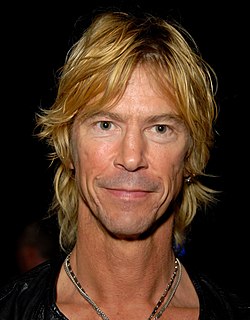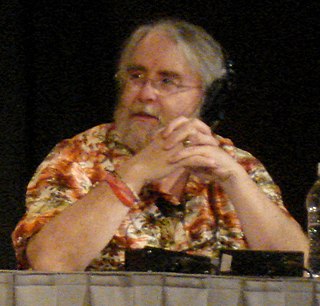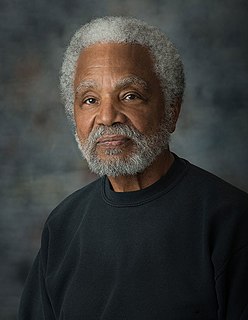A Quote by Duff McKagan
One of my first memories is marching with my mom. I was in kindergarten with with the Catholic ladies when Martin Luther King Jr. got shot. We wore the black armbands and marched downtown.
Related Quotes
I remember back in the 1960s - late '50s, really - reading a comic book called 'Martin Luther King Jr. and the Montgomery Story.' Fourteen pages. It sold for 10 cents. And this little book inspired me to attend non-violence workshops, to study about Gandhi, about Thoreau, to study Martin Luther King, Jr., to study civil disobedience.
I still hear people say that I should not be talking about the rights of lesbian and gay people and I should stick to the issue of racial justice. But I hasten to remind them that Martin Luther King Jr. said, 'Injustice anywhere is a threat to justice everywhere.' I appeal to everyone who believes in Martin Luther King Jr.'s dream to make room at the table of brother- and sisterhood for lesbian and gay people.
Martin Luther King really was a safety valve for white people. Any time it appeared that the black community was on the verge of really doing what we ought to do based on having been attacked, they put Martin Luther King on television. He was always saying, "We must use nonviolence. We must overcome hate with love." White people loved that. That's why they gave him a Nobel Prize. But when Martin Luther King started condemning the Vietnam War, that's when white people turned against him.
We like to think of the '60s as Martin Luther King, Jr. and Malcolm X and a little bit of friction - no, there were all of these different groups. There was the Student Nonviolent Coordinating Committee (SNCC), the Black Panthers, Martin and Malcolm, but also the Whitney Youngs of the world, the Bayard Rustins of the world.



































